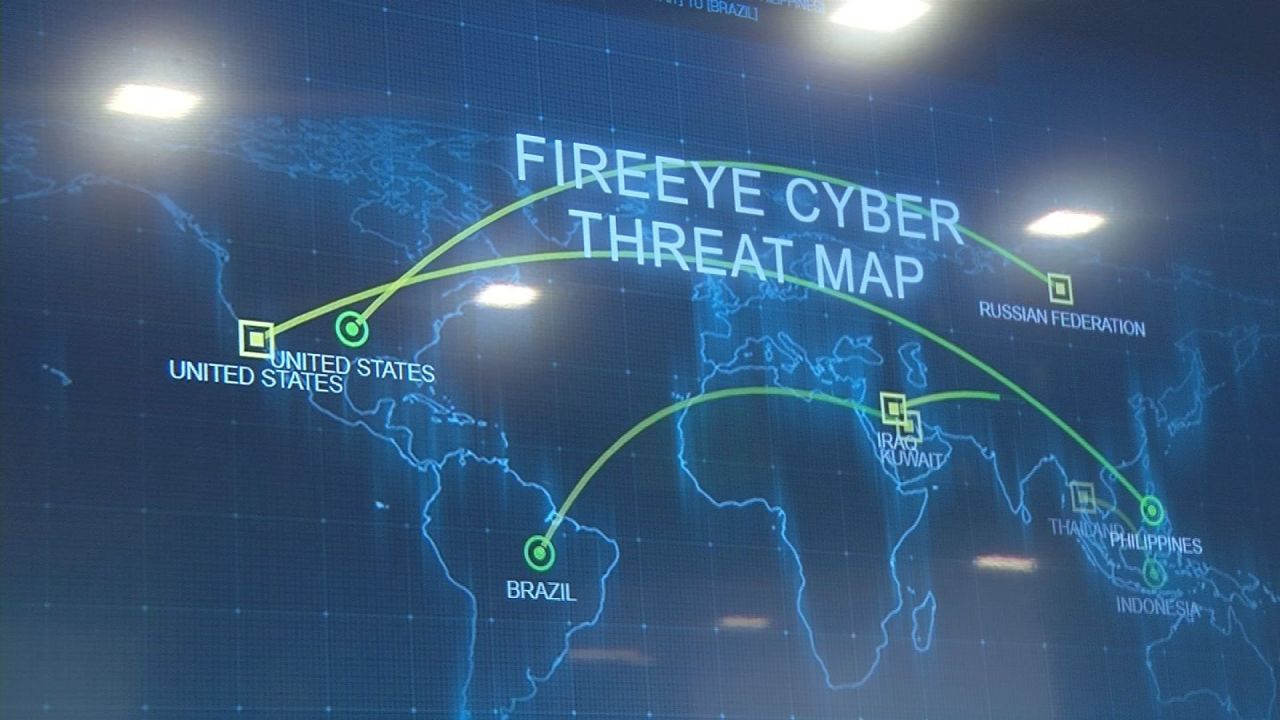COLORADO SPRINGS — Recent cyberattacks impacting energy and food supply chains in our country have renewed the focus on addressing the global shortage of cybersecurity professionals. News 5 has a look at the numbers and the effort to recruit people to these jobs.
Local cyber experts tell News 5 they think these recent hacks are likely state sponsored and serve just as a heat check ahead of a larger attack. This is why they say as a country we need to get serious about cybersecurity.
The world’s largest meat supplier, JBS, was hit with a ransomware attack that forced the shutdown of all of its U.S. beef plants.
National Cybersecurity Center experts say with almost a quarter of American beef supplies in jeopardy, the attack was another example of how cybercrime is hitting close to home and our enemies are hoping we will just move on.
“I think that’s exactly what they want us to think, so they can lull us to sleep and we’re used to these attacks now and then all of a sudden we get a big one,” said Thomas Russell of the National Cybersecurity Center. “Most corporations did not want to invest money into disaster recovery and the main reason why is it didn’t generate revenue and they figured well, since we haven’t been attacked then we can take care of that when it happens. Then 9/11 happened and everybody changed their mind and we had a rise in contingency planning and awareness. Now, we’re in the same situation with cybersecurity.”
Experts at the NCC say their mission is to continue training and opening up career paths for the next generation of cybersecurity experts. Adding to this area of the workforce will be crucial in defending against cyberattacks targeted at our nation’s critical infrastructure.
Here’s a look at some of the numbers…
According to a 2020 industry survey there were 879,000 cybersecurity professionals in United States with a need to fill another 359,000 cyber jobs.
The shortage is even greater globally with an estimated 3.12 million unfilled cyber jobs worldwide.
Vacant positions range from entry-level to executive-level positions.
“People don’t go into the military because the military makes a lot of money, but they do go in there with a sense of patriotism that they are doing something that’s going to help our country. That is the exact same way we need to recruit cyber warriors and if we don’t do that we’re going to be behind for a long time,” said Russell.
As the work to fill cyber jobs continues, here are some things to watch for going forward. If the cyber professional shortage isn’t addressed the labor gap is expected to grow by 20% to 30% annually.
According to a 2020 industry survey there were 879,000 cybersecurity professionals in United States with a need to fill another 359,000 cyber jobs.
The shortage is even greater globally with an estimated 3.12 million unfilled cyber jobs worldwide.
As the work to fill cyber jobs continues, here are some things to watch for going forward. If the cyber professional shortage isn’t addressed the labor gap is expected to grow by 20% to 30% annually.
According to the U.S. Bureau of Labor Statistics, Information Security Analyst is set to be 10th fastest growing occupation over the next decade.
Leaders of the National Cybersecurity Center in Colorado Springs are trying to help open up career pathways for the next generation of cybersecurity professionals. They say it’s a matter of national security. COLORADO SPRINGS — Recent cyberattacks impacting energy and food supply chains in our country have renewed the […]
Click here to view original web page at www.koaa.com








